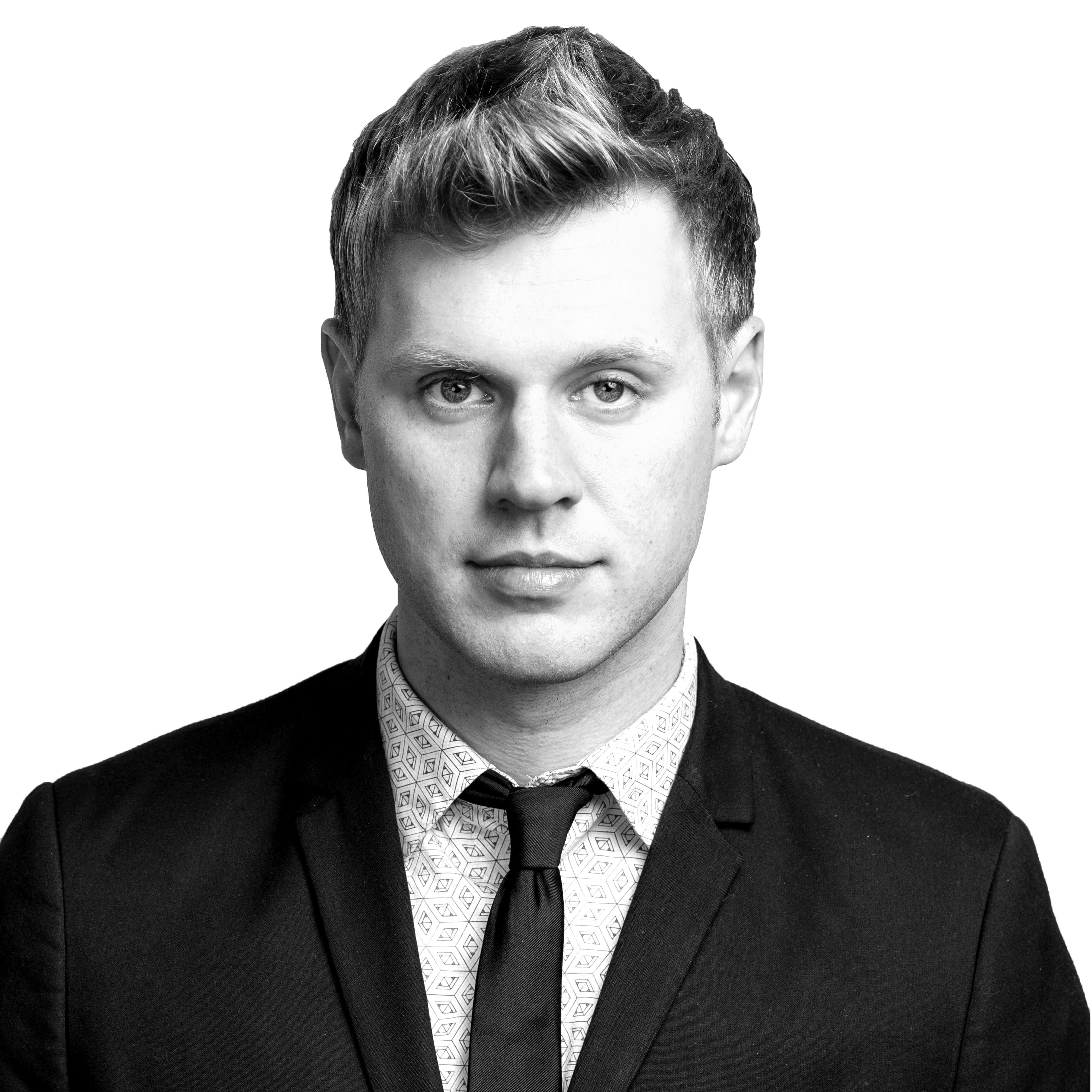Does American University want to teach students about oppression, or does it want to subject them to it?
Members of the Washington, D.C.-based private university’s faculty are engaged in the process of “reimagining” the university’s core curriculum: the courses that all students, regardless of major, must take in order to graduate. Core curriculums are a way for universities to make sure that everyone on campus absorbs a common set of skills and values deemed fundamental to a liberal arts education—they often include basic instruction in writing, history, and mathematical reasoning, for instance. American plans to modernize its curriculum by 2017, and has convened a task force of professors to complete the process. A draft of their proposed curriculum is available here.
Under the proposal, the new core curriculum would require students to enroll in several worrisome courses that the Cato Institute’s Walter Olson has astutely labeled “oppression studies.” The task force calls them “Complex Problems” and “AU Experience,” but “oppression studies” is certainly the more fitting name. From the draft:
Although many Complex Problems courses will draw heavily on the social sciences (in the analysis of such issues as inequality, social violence, and health care access), others will be grounded in the sciences (climate change, dementia) or arts and humanities (art and politics, post-colonial expression).
The AU Experience courses are similarly one-note, and will pay “special attention to issues of diversity, inclusion, and community.” Reading assignments, according to the draft, will focus on “oppression and resistance,” “historical violence, such as the early slave trade and genocidal conquests,” and the “experiences of marginalized groups and struggles for human rights.” For good measure, course materials will fixate on “how entrenched systems of inequality marginalize some groups and privilege others.”
This is not to say these aren’t important and fascinating topics—they are, and students should study them, if they want to. But it’s one thing to make these courses available to students who have an interest in explicitly left-wing topics. It’s quite another to require the study of a specific viewpoint and subjugate all other academic concerns.
And that’s just the beginning. The proposal also calls for a dramatic—and mildly terrifying—transformation of life in the residence halls. No longer will students shack up together at random: instead, AU would assign students to particular housing based on which “oppression studies” courses they are taking.
The point of this change is to force students to grapple with these subjects in their free time, as well as their class time—in other words, to move the oppression from the classroom to the dorm room. How horrible does that sound?
It gets worse. “Upper class peer mentors,” according to the draft, will be assigned to these groups of students. The draft describes them as “support teams,” but it’s easy to imagine them morphing into some kind of social justice enforcers instead.
This plan, if approved, would add AU to the list of campuses attempting to turn its residence halls into re-education camps. The most famous example was the University of Delaware, which previously required students to submit to a rigorous and intrusive ideological training program with the explicit goal of changing their “incorrect” beliefs and transforming them into eager leftist activists. The almost unbelievably Orwellian program was centered on dorm life, where residential advisers routinely interrogated students (on the orders of the campus housing department) about everything from their sex lives to their political beliefs.
The RAs kept files on individual students; those who didn’t show enough progress toward reforming their problematic views were publicly shamed at mandatory meetings, and even disciplined. Only the eventual involvement of the Foundation for Individual Rights in Education—which launched an advocacy campaign that persuaded Delaware to abolish the indoctrination program—liberated the students from enforced conformity.
AU would be wise to eschew the path of Delaware. It’s perfectly fine to challenge students’ beliefs and biases—in fact, it’s the whole purpose of going to college in the first place—but universities should leave the proselytizing to the professors, not the residence hall police.
But perhaps American University is simply living up to its name. After all, it’s become clear in recent months that American college campuses are in the throes of what former Harvard University President Larry Summers recently described as “creeping totalitarianism in terms of what kind of ideas are acceptable and debatable on college campuses.” A lot of left-leaning students have announced that they don’t want to be bothered anymore by ideas that offend them, and a lot of campus administrators have decided to make every effort to shelter them from dissenting points of view. Paradoxically, these efforts are always undertaken in the name of inclusion, tolerance, and diversity.
But if AU requires all students to study a single point of view and organizes their dormitories in accordance with ideological conformity, how can anyone say the university is actually inclusive, or tolerant, toward dissenters? How can anyone say that it actually prizes diversity? How can anyone say that students are free in any meaningful sense to say and think and do what they want? Under American University’s new core curriculum, oppression studies would become a living experiment on campus.






